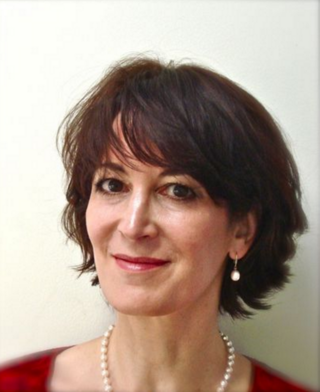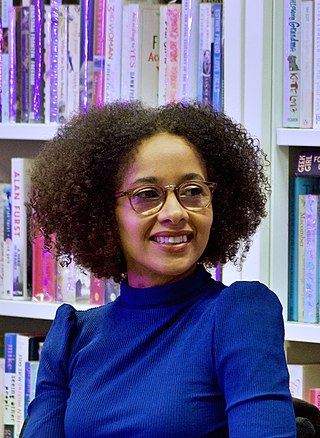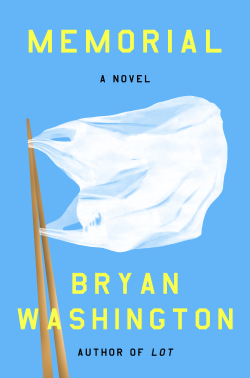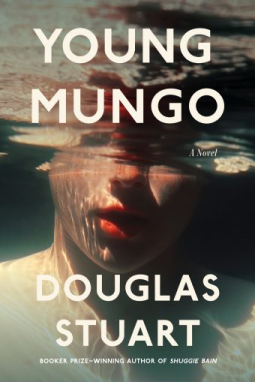
Lesbian, gay, bisexual, transgender and queer (LGBTQ) movements are social movements that advocate for LGBTQ people in society. Although there is not a primary or an overarching central organization that represents all LGBTQ people and their interests, numerous LGBTQ rights organizations are active worldwide. The first organization to promote LGBTQ rights was the Scientific-Humanitarian Committee, founded in 1897 in Berlin.

Anna Funder is an Australian author. She is the author of Stasiland, All That I Am, Wifedom: Mrs Orwell’s Invisible Life and the novella The Girl With the Dogs.
The Orwell Prize is a British prize for political writing. The Prize is awarded by The Orwell Foundation, an independent charity governed by a board of trustees. Four prizes are awarded each year: one each for a fiction and non-fiction book on politics, one for journalism and one for "Exposing Britain's Social Evils" ; between 2009 and 2012, a fifth prize was awarded for blogging. In each case, the winner is the short-listed entry which comes closest to George Orwell's own ambition to "make political writing into an art".

Hisham Matar is an American-born British-Libyan novelist, essayist, and memoirist. His debut novel In the Country of Men was shortlisted for the 2006 Man Booker Prize, and his memoir of the search for his father, The Return, won the 2017 Pulitzer Prize for Biography or Autobiography and several other awards. Matar's essays have appeared in The New Yorker, The Guardian, The New York Times, and many other publications. He has also written several other novels.

Claire Keegan is an Irish writer known for her short stories, which have been published in The New Yorker, Best American Short Stories, Granta, and The Paris Review.

Thomas Colin Ballard is an Australian comedian, broadcaster, actor, and writer. Starting out in radio, he became known as a Triple J host, along with his friend Alex Dyson, over seven years with the station. He his known for his stand-up comedy, as a host of podcasts, and as television presenter, such as the 2017 ABC Television comedy show Tonightly with Tom Ballard. He is author of the 2022 book I, Millennial: One Snowflake's Screed Against Boomers, Billionaires and Everything Else.

Nineteen Eighty-Four is a dystopian novel and cautionary tale by English writer Eric Arthur Blair, who wrote under the pen name George Orwell. It was published on 8 June 1949 by Secker & Warburg as Orwell's ninth and final book completed in his lifetime. Thematically, it centres on the consequences of totalitarianism, mass surveillance, and repressive regimentation of people and behaviours within society. Orwell, a staunch believer in democratic socialism and member of the anti-Stalinist Left, modelled the Britain under authoritarian socialism in the novel on the Soviet Union in the era of Stalinism and on the very similar practices of both censorship and propaganda in Nazi Germany. More broadly, the novel examines the role of truth and facts within societies and the ways in which they can be manipulated.

Jenni Cecily Russell is a British journalist and broadcaster. She is a columnist for The Times, a contributing writer for The New York Times, and a book reviewer for The Sunday Times. She has been a columnist for The Guardian and written the political column for London Evening Standard.

Justin Torres is an American novelist and an associate professor of English at University of California, Los Angeles. He won the First Novelist Award for his semi-autobiographical debut novel We the Animals (2011), which was also a Publishing Triangle Award finalist and an NAACP Image Award nominee. The novel has been adapted into a film of the same title and was awarded the Next Innovator Prize at the Sundance Film Festival. Torres' second novel, Blackouts, won the 2023 National Book Award for Fiction.

Diana Omo Evans FRSL is a British novelist, journalist and critic who was born and lives in London. Evans has written four full-length novels. Her first novel, 26a, published in 2005, won the Orange Award for New Writers, the Betty Trask Award and the deciBel Writer of the Year award. Her third novel Ordinary People was shortlisted for the 2019 Women's Prize for Fiction and won the 2019 South Bank Sky Arts Award for Literature. A House for Alice was published in 2023.

Juno Dawson is an English author of young adult fiction and non-fiction. Dawson's notable works include This Book Is Gay, Mind Your Head, Margot & Me, The Gender Games, Clean, Meat Market, and the series, "Her Majesty's Royal Coven".

Matt Cain is a British writer and broadcaster. He is best known for the novels The Madonna of Bolton, The Secret Life of Albert Entwistle, Becoming Ted and One Love.

Girl, Woman, Other is the eighth novel by Bernardine Evaristo. Published in 2019 by Hamish Hamilton, it follows the lives of 12 characters in the United Kingdom over the course of several decades. The book was the co-winner of the 2019 Booker Prize, alongside Margaret Atwood's The Testaments.

Memorial is the debut novel by Bryan Washington. It was published by Riverhead Books on October 27, 2020, to acclaim from book critics.

Young Mungo is a 2022 novel by Scottish-American writer Douglas Stuart. It was published by Grove Press on 5 April 2022 and by Picador on 14 April 2022. The novel follows Mungo Hamilton, a teenager navigating a life of poverty and parental neglect in the early 1990s Glasgow. When the character falls in love with a boy named James, he must confront the homophobia, toxic masculinity, and religious conflicts of the society of his time. It is Stuart's second novel, following his Booker Prize-winning debut Shuggie Bain (2020). The novel was critically acclaimed and was chosen as one of the best books of the year by publications such as The Washington Post, Time, Reader's Digest, The Telegraph and Vanity Fair.
This article presents lists of the literary events and publications in 2022.
Caleb Azumah Nelson is a British–Ghanaian writer and photographer. His 2021 debut novel, Open Water, won the Costa Book Award for First Novel.
This article presents lists of the literary events and publications in 2023.
Tom Crewe is an English novelist, best known for his 2023 debut novel, The New Life. In April 2023, Granta included Crewe on their "Best of Young British Novelists" list, an honour presented every ten years "to the twenty most significant British novelists under forty." The Observer included Crewe in their list of the ten best new novelists of 2023.
Jacqueline Crooks is a British writer whose debut novel, Fire Rush, was shortlisted for the 2023 Women's Prize for Fiction. She was described as one of the '10 best new novelists for 2023' by the The Observer.














